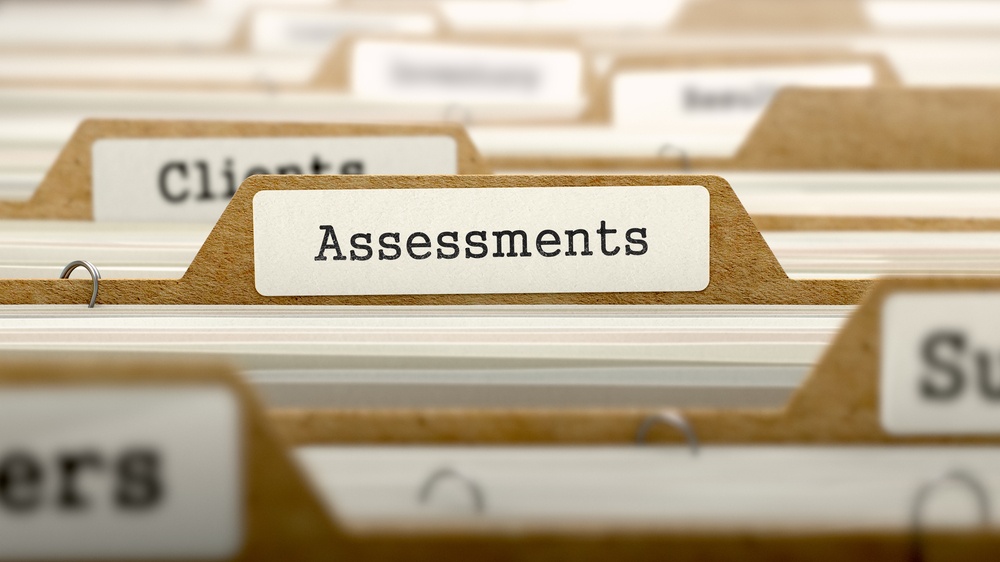As it usually does when a natural disaster occurs, the Canada Revenue Agency (CRA) issued a press release, reminding affected taxpayers that they could seek relief from any interest and penalties which might otherwise be imposed as the result of late filing or payment of taxes.
Such relief is provided under the federal Taxpayer Relief Program and, although natural disasters are the most publicized instances in which the Program is utilized, it is in fact available to all Canadian taxpayers in a variety of circumstances.













